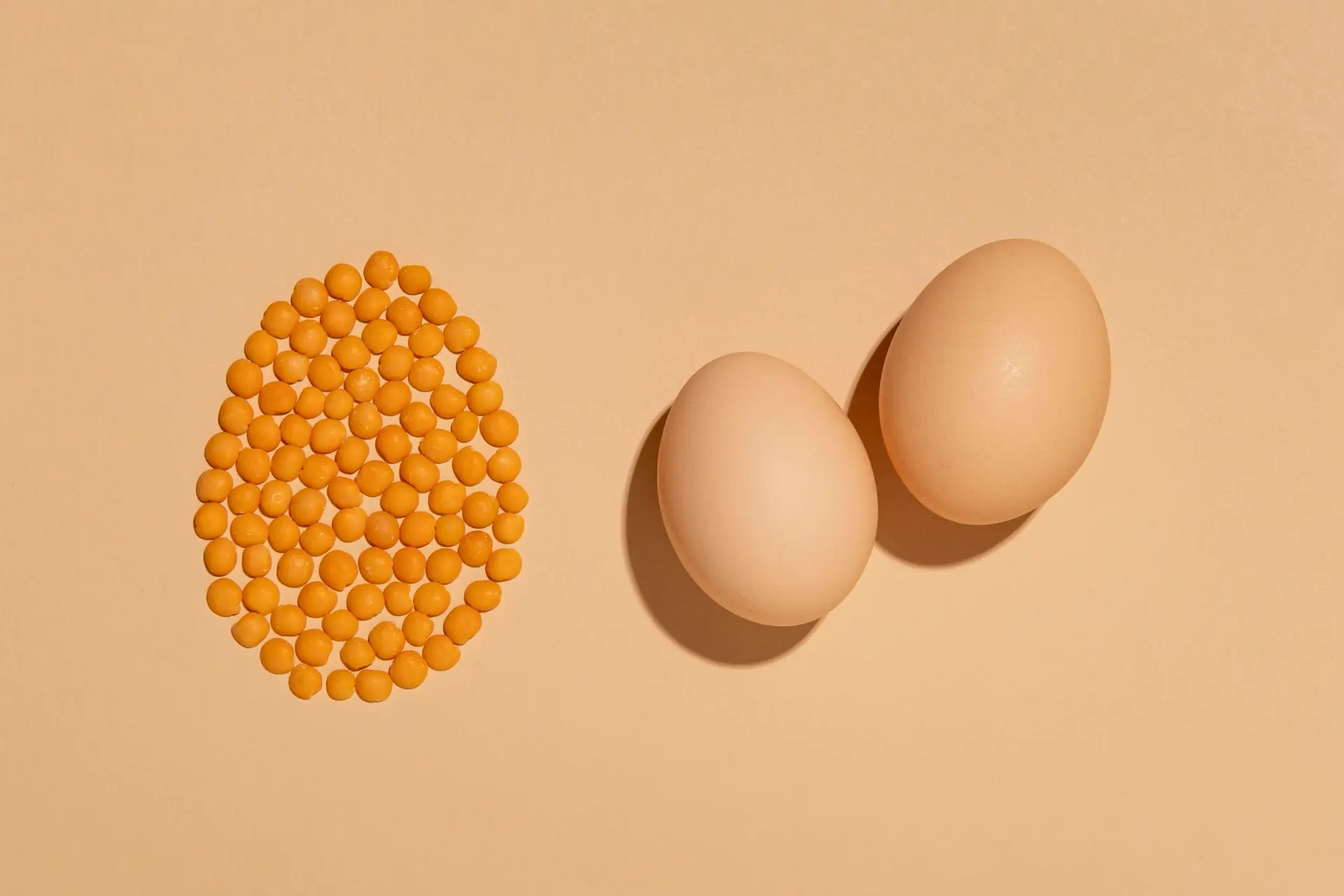Couples exploring IVF treatment often seek clarity on the delivery methods, especially whether a cesarean section becomes unavoidable. Before making assumptions, here’s how IVF works, how pregnancy progresses after treatment, and the real factors that guide delivery decisions.
IVF and Birth Method: What’s the Link?
Many people believe that IVF pregnancies automatically lead to surgical births. In reality, the mother’s health, the baby’s well-being and clinical judgment decide the method of delivery and not just the treatment itself. Tools like an IVF pregnancy calculator may help track early progress, but they do not determine how the baby will be delivered. Even though some couples, especially from Mumbai, prefer to stay connected with an IVF center in Mumbai throughout pregnancy, it is important to know that conception through IVF does not medically mandate a cesarean section.
When is a C-section more likely to occur after IVF?
Some IVF pregnancies are associated with a slightly higher chance of getting a cesarean done, but this is not due to the procedure alone. Many IVF patients are already undergoing female fertility treatment, which sometimes includes monitoring conditions like fibroids, endometriosis, thyroid disorders, hypertension, and other crucial medical history. These pre-existing health factors can influence the final decision. Your female fertility doctor may also recommend closer assessment through ovarian reserve testing, tests for egg quality and other advanced evaluations as part of routine care.
In some cases, women with underlying health concerns choose to continue their monitoring with specialists offering fertility testing near them, making it easier to manage the pregnancy more closely. The decision for a C-section may arise only if medical indications appear during the later stages.
Can You Have a Normal Delivery After IVF?
Many women have smooth and uncomplicated vaginal births, or normal delivery after IVF. The possibility depends on your pregnancy progress, your health and your medical team’s advice. Maintaining regular communication with a fertility doctor nearby guarantees timely and appropriate assessments. Good prenatal care, consistent follow-ups and informed fertility consulting with a specialist allows you to prepare for a normal delivery when in a jiffy, unless a medical need suggests another approach.
Your body does not lose its ability to have a normal birth simply because fertility treatment was part of the journey. A personalized plan often provides more clarity than general assumptions circulating online.
Conclusion
The choice of delivery method should always be guided by safety and not misconceptions. An IVF pregnancy does not always mean you must prepare for a cesarean section. What matters more is the course of your pregnancy, your health factors and how your baby responds as the due date approaches. With experienced care at the best IVF clinic, many couples experience healthy vaginal deliveries after IVF.





